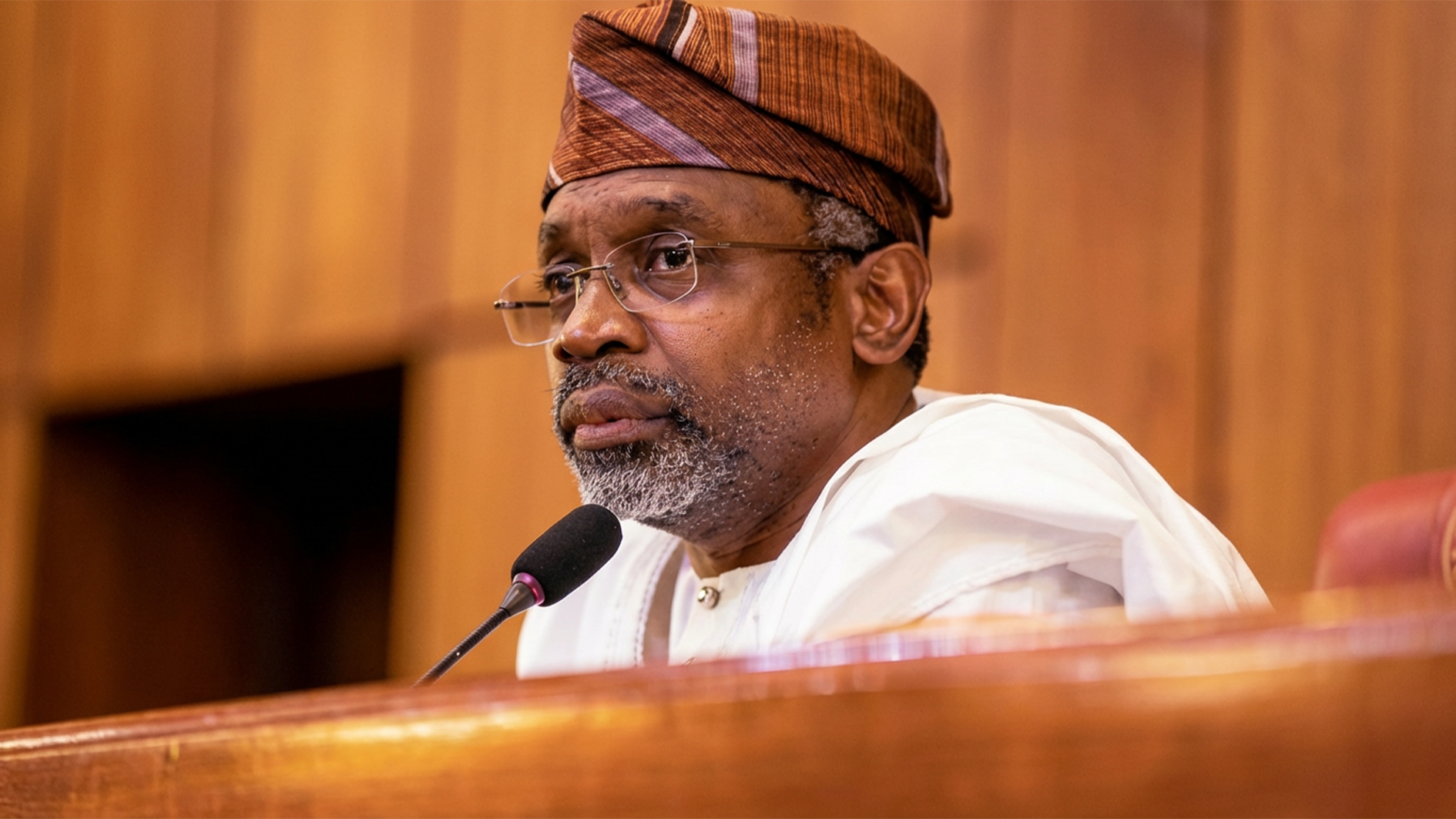The House of Representatives has urged the Federal Ministry of Education to urgently develop a national policy and framework for online education for schools at various levels.
The News Agency of Nigeria (NAN) reports that the resolution was sequel to the unanimous adoption of a motion by Rep. Aniekan Umanah (PDP-Cross River) at the plenary on Tuesday.
Moving the motion, Umanah said that the outbreak of coronavirus has altered the educational calendar globally.
Quoting UNESCO, he said that most governments around the world had temporarily closed schools in order to contain the spread of the virus.
The lawmaker said that the closures were impacting over 72 percent of the world student population.
“This has brought significant setback to academic endeavours, with far-reaching impacts on the more vulnerable and disadvantaged countries, such as Nigeria.
“The closure of schools, occasioned by COVID-19, has kept over 1.2 billion children out of the classroom and as a result, education has changed drastically, with the increase in the use of e-learning, whereby teaching is undertaken remotely and on digital platforms.
“This sudden event has caused a shift from the classrooms in our nation’s schools.
“Teachers and students have been forced to adjust and adapt to this unplanned rapid move to online teaching and learning, with no structure, training and equipment tools, and are faced with inadequate preparations,” he said.
According to the lawmaker, e-learning approach takes time and it is a gradual system of learning, adding that schools and colleges will have to develop modular structure for it.
He also said that a database and e-learning pattern, supported with efficient communication and internet, must be in place.
Umanah recalled that the Federal Ministry of Education had announced a free e-learning portal, intended to create access to online education across the nation as well as radio and television classrooms.
He said that this had remained mere intentions, as reports had indicated that it was not working and, therefore, not serving the desired need of closing the educational gaps.
Umanah attributed this to lack of instructional design and implementation, including lack of cognitive psychology tools to support e-learning.
He said that with the present situation, Nigeria’s educational system was lagging behind by not being functionally awake to the present reality of online education.
The lawmaker said that research had shown that the level of online learning and preparedness in Nigeria was about 10 percent.
He stressed the need for urgent steps to salvage the already battered educational system, which he said, had further been humbled and bruised by the COVID-19 pandemic.
The house urged other educational regulatory bodies across the country to incorporate online education and modular system into school curricular across the country.
In his ruling, the Speaker, Rep. Femi Gbajabiamila, mandated the House Committees on Basic and Tertiary Education to ensure compliance.






